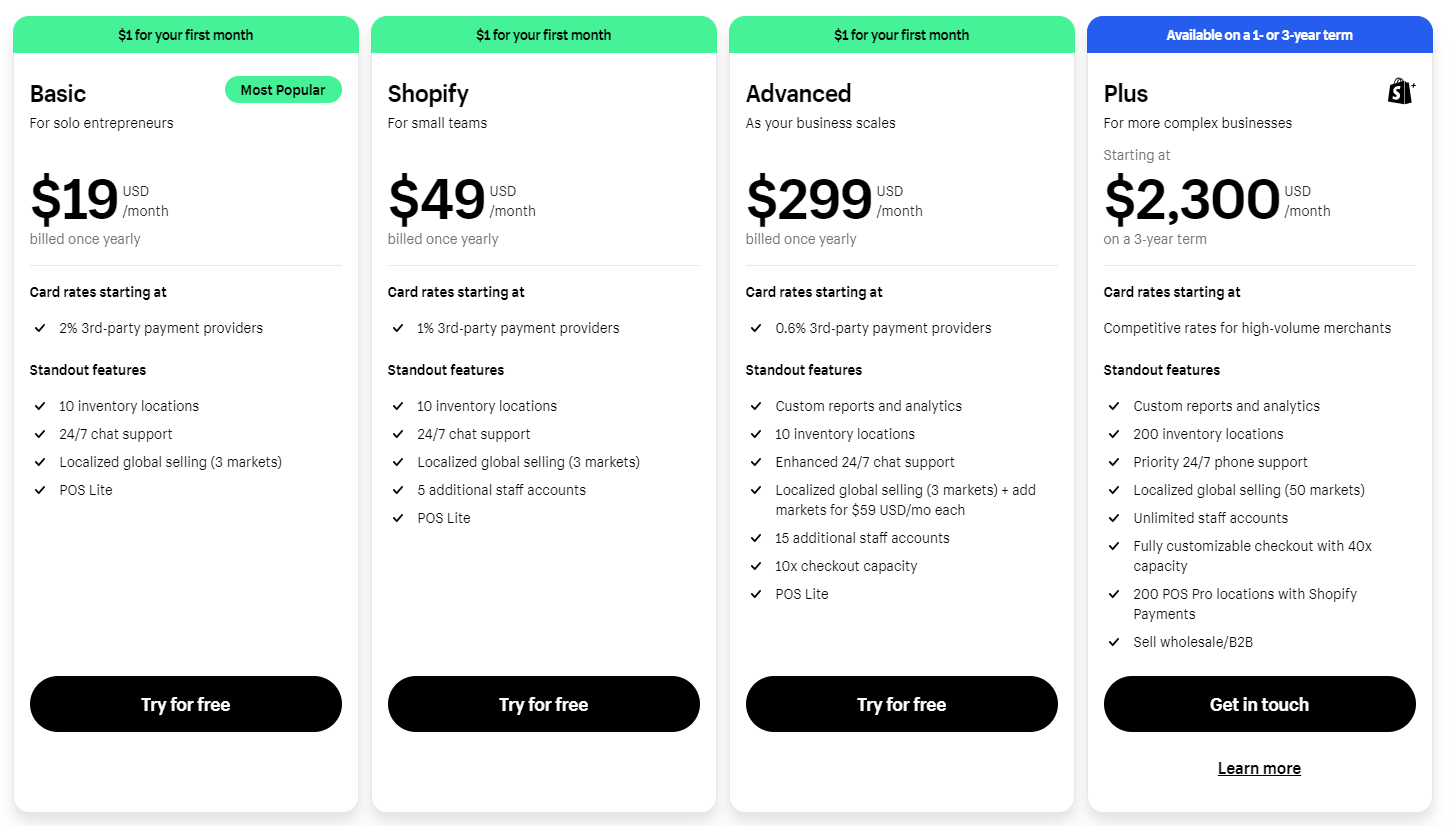
Are you looking for an accounting solution and other methods to improve your financial management? Well, in this article we will talk about the accounting process and ways you can refine the way you do your books.
1. Streamlining Your Accounting Process
If you’re new to accounting, or you are doing it yourself, chances are there are things you can improve. Throughout this article we will be sharing more ways you can reduce your errors, get more organized, and become more efficient. The first step is to evaluate the current way you’re doing things. How long does it take you to finish your books? Do you use software?
2. Leveraging Technology
Pen and paper bookkeeping and accounting is soon to be a thing of the past. With the advances in FinTech (financial technology), there are so many ways to save time, increase accuracy, and easily keep historical records.
Accounting Software Selection
You can choose more than one accounting solution or software tool to help you. If you don’t like the pricing models or features of one, there’s a dozen other excellent alternatives. The software is flexible too. From small business owners to multi-million-dollar companies, there’s guaranteed to be an option for you. The best ones are those that can scale with your business needs.
Choosing a Cloud-Based Accounting Solution
One benefit of cloud-based accounting is data storage and data security. When you create an account, you have access to a digital file cabinet that can include your receipts, transaction records, financial reports, and other important data. Another benefit is portability. These cloud-based solutions often allow you to do your accounting on the go. As long as you have internet, you have access to your account.
Automation Tools for Accounting

Imagine all the manual calculations you would have to do without software like Excel. Think about individually categorizing hundreds and thousands of transactions per day. What about manually keeping track of all the people you have to pay? If you’re doing your financials yourself, all of that is not only a waste of time, but it’s also difficult to keep track of.
3. Organizing Financial Data
Effective Data Entry and Record Keeping
Disorganization can be the biggest siphon of your time. Digital record keeping is a lot easier and a lot neater than traditional methods. After you input necessary details into your accounting software, reports automatically populate, for example. These records are useful for legal reasons, but that isn’t all. This data can help you spot trends, and help you make more informed financial decisions.
Document Management Systems
It can be incredibly stressful when you can’t locate an important file, receipt, invoice, or email. Complete financial papers are important for internal reviews and reporting to investors and stakeholders. They are even more essential for tax purposes. Email management solutions and other organized file storage systems are a must. Some accounting software allows you to access and view files in one place.
4. Financial Reporting and Analysis
Regular Financial Reporting
Financial reporting is an important part of the accounting process. These are essentially summaries of how your business has been performing in the past month, quarter, year, or past few years.
You might already be familiar with the three most common reports – the balance sheet, profit and loss (income) statement, and cash flow statement. But there are a lot of other reports out there, some are more comprehensive and targeted. The importance of these reports is to give you an idea of your financial health. You would show these reports are shown to internal teams, investors, and shareholders in a company.
Key Performance Indicators (KPIs)
You won’t be getting the most out of your financial reports without financial analysis. This is taking the data gathered in these reports and making assessments. From this data, they can recognize trends, make recommendations, and create strategies. They tend to evaluate the performance of a business based on Key Performance Indicators or KPIs.
KPIs are a set of quantifiable metrics that help you gauge the effectiveness of operations and business strategies. We compare these against set standards, competition, or industry numbers. Examples of KPIs include gross and net profit margins, monthly revenue, customer acquisition costs, and return on investment.
5. Seeking Expert Accounting Assistance
We are living in an age where information is more accessible and self-learning is more possible than ever. We believe anyone can learn how to maintain their books. However, there are still limits. If it isn’t limited by the time it takes to learn all of this, it’s limited by their experience. This is the benefit of getting expert help.
Accountants and financial experts not only have the education, they also have spent the time to get certifications and continued education. They also have a deeper knowledge of tax law, regulations, and GAAP (Generally Accepted Accounting Principles). It’s very likely they’ve developed efficient and effective processes.
6. Outsourcing as an Accounting Solution

Financial services has become one of the most popular business processes to outsource.
For one, DIY bookkeeping is doable at first but is not feasible as you scale. Secondly, an in-house bookkeeping and accounting team can be very costly.
We’ve talked at length in other posts about the benefits of outsourcing. Here’s a bulleted summary:
- It is cost-effective.
- It saves time.
- It gives you more flexibility as you can scale services up or down depending on your needs.
- You get access to experienced experts.
- You free up your time and your team to work on other important business processes.
7. Security and Compliance
Data Security Measures
These software companies know how sensitive financial information is. They are aware of how much trouble they would get into if that info were to get out. This is why they invest in high levels of digital security (and sometimes physical security for data servers) and put those assurances on their websites.
Compliance with Tax Regulations
One thing that makes DIY accounting challenging is the knowledge of tax regulations. This also includes knowing the processes and documents needed for tax preparation and filing. If the tax season stresses you out, don’t worry because you’re definitely not an outlier. An accounting solution can help you stay compliant, save you time, and save you money by avoiding penalties. (Some accountants even enjoy doing the tax process!)
8. Financial Planning and Budgeting
“Failing to plan is planning to fail.” While a cliché, this statement is one that we strongly stand by. In fact, one of the primary purposes of financial reporting and analysis is to help you make a solid financial plan. Your financial planning involves creating SMART (specific, measurable, achievable, relevant, and time-bound) financial goals and objectives. From there, you can create financial strategies to meet them.
The data from your reports tells you what’s working and what areas require more attention. One crucial area of financial planning is setting up a budget. Poor cost management can put you thousands of dollars in the hole before you realize you’ve been digging. Expense management also goes hand in hand with budgeting. It helps you understand where you are allocating your working capital.
9. Inventory Management
This is an accounting solution that might surprise some people. However, companies that sell physical products need to monitor their stock. Inventory is a current asset and holds value and that accountants track.
Inventory management involves tracking invoices, monitoring stock levels, and managing suppliers and orders. It’s important for a company to maintain stock levels to meet the demand of their customers without overstocking. A lot of accounting software tools have inventory management features that make this process a lot easier.
10. Cost Control Strategies

Cost control is all about reducing expenses and increasing profitability. Of course, you need to break down the types of costs your business incurs. This includes:
- Fixed costs that do not change
- Variable costs that depend on productivity like wages
- Direct costs associated with core production like COGS
- Indirect costs like advertising
Cost accounting is one method that assesses your fixed and variable costs. Common cost control strategies include vendor management, budgeting and forecasting, outsourcing, and automation.
Frequently Asked Questions
What should I consider when choosing accounting software for my business?
- Your monthly/yearly earnings.
- The complexity of your accounting needs.
- The reputation of the software
- Software pricing models, what features does each offer, and are you getting the best value for money
- Flexibility/scaling potential
- Communication and cultural barriers
How can I ensure data security when using an accounting solution?
Check their website page. Reputable software will usually have a page dedicated to explaining the data security measures they have set up. Do not hire random individuals off of social media or freelance marketplaces if you don’t have a way to check their work history.
What are the benefits of outsourcing accounting services?
- It’s more cost effective.
- It saves you time and human resources.
- You have access to experts with experience managing other business finances.
- You have a flexible solution that scales with your business.
How can accounting software benefit businesses?
Accounting software is almost a must nowadays. Most accountants will use accounting software because it doesn’t make sense not to. Software is easy to use, saves you time, and has several templates and automations for standardization and increased productivity. There are very few downsides to using accounting software.
What Is EcomBalance?

EcomBalance is a monthly bookkeeping service specialized for eCommerce companies selling on Amazon, Shopify, Ebay, Etsy, WooCommerce, & other eCommerce channels.
We take monthly bookkeeping off your plate and deliver you your financial statements by the 15th or 20th of each month.
You’ll have your Profit and Loss Statement, Balance Sheet, and Cash Flow Statement ready for analysis each month so you and your business partners can make better business decisions.
Interested in learning more? Schedule a call with our CEO, Nathan Hirsch.
And here’s some free resources:
- Monthly Finance Meeting Agenda
- 9 Steps to Master Your Ecommerce Bookkeeping Checklist
- The Ultimate Guide on Finding an Ecommerce Virtual Bookkeeping Service
- What Is a Profit and Loss Statement?
- How to Read & Interpret a Cash Flow Statement
- How to Read a Balance Sheet & Truly Understand It
Conclusion
Accounting, whether done yourself or through another party, is an essential business process. Financial management needs to be accurate but shouldn’t eat into your time. Through the right accounting solution, you should be able to improve your processes and get more done.








